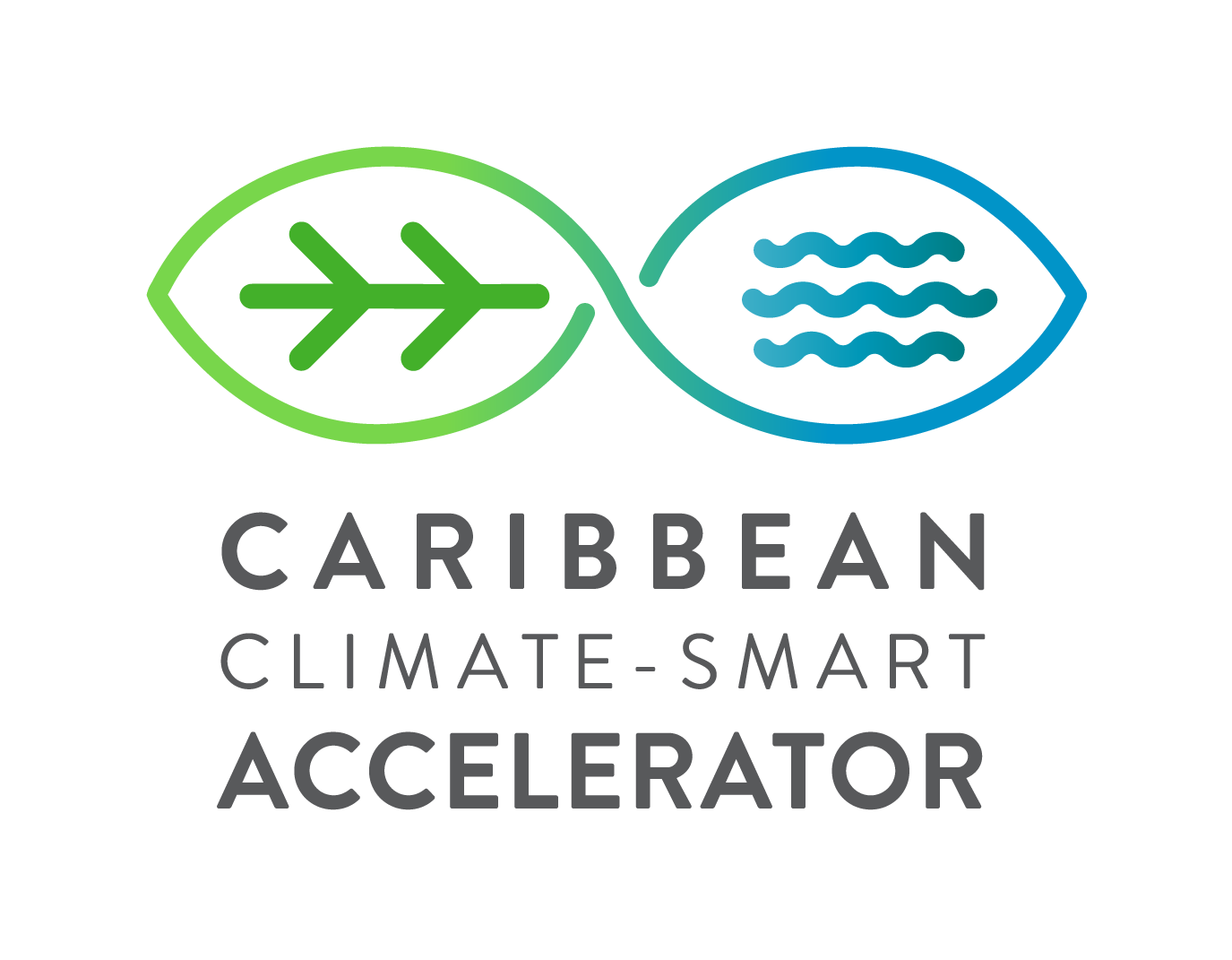Climate finance flows fall significantly short of the estimated requirements, conservatively estimated to be around USD 4.5 – 5 trillion annually globally according to the 2021 edition of Climate Policy Initiative’s Global Landscape of Climate Finance. In order to accomplish the transition to a sustainable, net-zero emissions, and resilient world within this decade, there is an urgent need for a substantial increase in climate investment. The scale of climate investment should reach trillions, and it is crucial that climate finance commitments translate into real action in the economy. This calls for alignment of investments by all public and private actors with the goals of the Paris Agreement and the pursuit of net-zero, sustainable pathways. Closing the investment gap for adaptation is pivotal to achieving the objectives set by the Paris Agreement. Adequate finance for adaptation, coming from both public and private sources, must be expanded to effectively address current and future climate risks.
To ensure successful project implementation, it is essential for projects to be investment ready. The term “investment readiness” refers to the stage at which your project is prepared to be scrutinized by any entity willing to provide funding which can come in many different forms with a multitude of requirements. Bank finance for such purposes is often referred to as “debt,” while money raised through selling part of the ownership is known as “equity.” Determining the appropriate funding type depends on several factors. For non-commercial projects in the early stages, grants may be necessary. Grants are financial awards provided by entities like companies, foundations, or governments to support specific goals or incentivize performance. Unlike loans, grants do not have to be repaid under most conditions. Commercial projects, projects that generate a financial return, can access additional capital through equity, debt financing or other commercial funding mechanisms.
Equity financing involves raising capital by selling shares. It includes the sale of common equity, preferred stock, convertible preferred stock, and equity units comprising common shares and warrants. Equity financing provides long-term funding without fixed repayment terms but typically carries higher rates to compensate for uncertainty and risk. Equity financing offers stakeholders ownership interests to support project/business operations and expansion throughout its lifecycle.
Debt financing involves acquiring loans which may be at market or concessional rates of interest from a variety of entities including and most commonly provided by private sector creditors, such as commercial banks. These loans can be short-term, intermediate-term, or long-term, depending on the project’s needs. Concessional loans when available, offer terms more favourable than traditional debt financing. Concessional loans often have extended grace periods and lower interest rates compared to market rates.
As part of our mission to establish the Caribbean as a Climate-Smart Zone, we have established connections with a network of financial institutions and funding partners ready to mobilise resources for scaling projects in the region. Based on specific funding requirements, project implementation stage, and other criteria, regional project developers can be connected with funding partners whose objectives align with their needs.
Our pipeline of partners offer a diverse range of financing solutions and support projects at various stages of the business lifecycle. Once connected with suitable financing partners, applicants have the opportunity to collaborate with willing funders to develop tailored solutions that overcome investment barriers. To begin the process of submitting a project for support and matching with appropriate funders, it is essential to understand and be able to communicate clearly the financing needs of the project.

